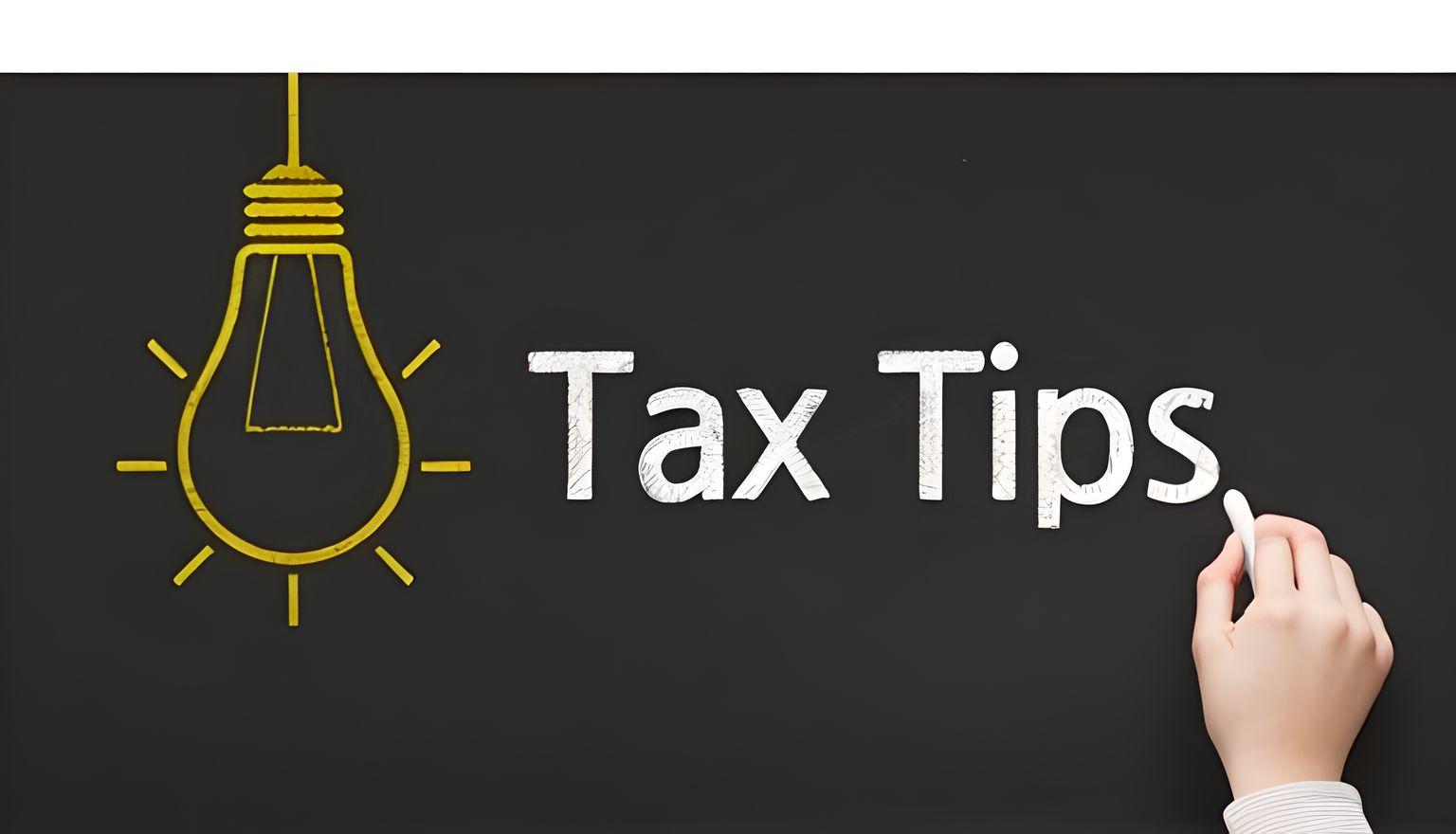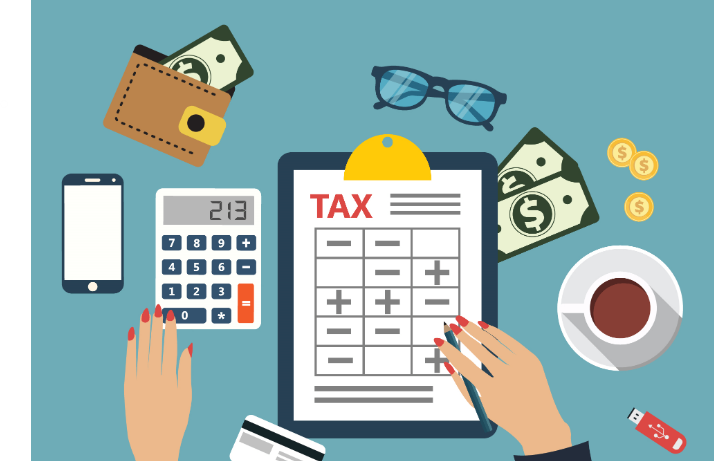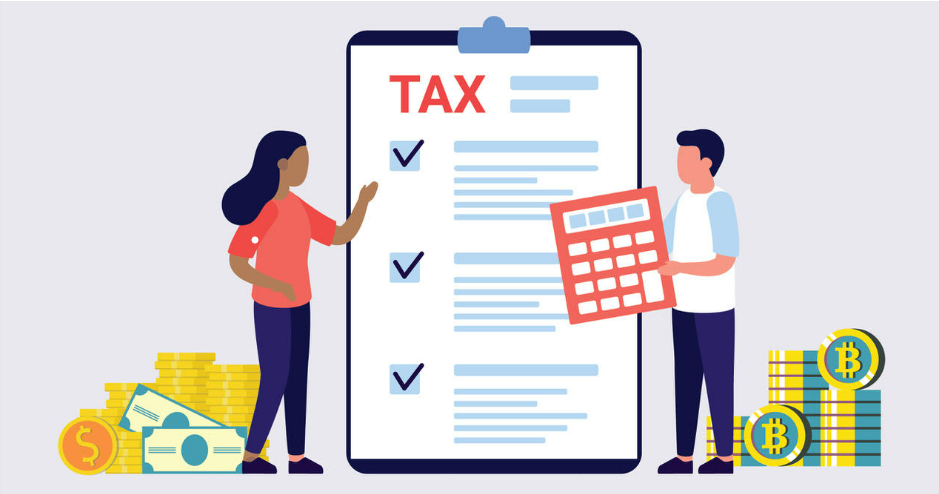
Introduction:
As the year draws to a close, it’s time to start thinking about the upcoming tax season. Strategic planning and thoughtful consideration of your financial situation can make a significant impact on your tax liability. In this blog post, we’ll explore some crucial end-of-year tax tips to help you navigate the complex world of taxes and potentially maximize your returns for the year 2023.
- Review Your Income and Expenses:
Start by conducting a thorough review of your income and expenses for the year. Identify any potential tax-deductible expenses that can help reduce your taxable income. This may include business expenses, educational costs, or qualified charitable contributions.
2. Review Your Income and Expenses:
Consider maximizing your contributions to retirement accounts such as 401(k) or IRA. Contributions to these accounts are often tax-deductible and can help lower your taxable income. If you’re self-employed, look into contributing to a Simplified Employee Pension (SEP) IRA before the year-end deadline.

3. Capitalize on Tax Credits:
Familiarize yourself with available tax credits and take advantage of them. This may include credits for education expenses, energy-efficient home improvements, or child care costs. Research the eligibility criteria and ensure you’ve met all requirements to benefit from these credits.
4. Harvest Investment Losses:
Evaluate your investment portfolio and consider selling assets that may have incurred losses. Capital losses can be used to offset capital gains, reducing your overall tax liability. Be mindful of the tax implications and consult with a financial advisor for personalized guidance.
5. Contribute to Health Savings Accounts (HSAs) or Flexible Spending Accounts (FSAs):
If you have a high-deductible health plan, contribute to an HSA before the end of the year. Contributions are tax-deductible, and withdrawals for qualified medical expenses are tax-free. Similarly, utilize any remaining funds in your FSA for eligible medical expenses.
6. Take Advantage of Charitable Giving:

The holiday season is an excellent time to give back. Consider making charitable contributions to eligible organizations. Not only will you be supporting a good cause, but you may also qualify for a tax deduction. Keep thorough records of your donations for documentation purposes.
7. Utilize Gift Exclusions:
If you’re considering gifting assets or money, be aware of the annual gift tax exclusion. In 2023, you can gift up to a certain amount per person without triggering gift taxes. This is a strategic way to reduce your taxable estate while supporting loved ones.
8. Consult with a Tax Professional:
For personalized advice tailored to your specific financial situation, consider consulting with a tax professional or accountant. They can provide valuable insights, identify potential deductions, and ensure that you’re taking full advantage of available tax-saving strategies.
Conclusion:

As we approach the end of the year, taking proactive steps to optimize your tax situation can lead to significant financial benefits. By staying informed about available deductions, credits, and contribution opportunities, you can make informed decisions that positively impact your tax liability. Remember, early planning and attention to detail can make the tax season a smoother and more rewarding experience.
Disclaimer: The information provided above is not meant to be legal or tax advise. You should consult your CPA and attorney to determine the best course of action for your situation.
Mitzi E. Sullivan, CPA is a cloud based professional services provider
specializing in cloud accounting.